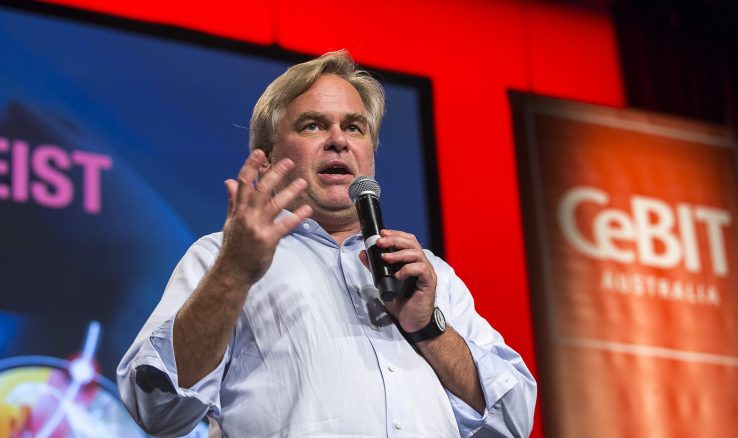Kaspersky Lab: D.C. office ‘no longer viable’ and will close

Following months of controversy and conflicting accounts, Kaspersky is pulling back in D.C. As Bloomberg initially reported, the Russian security firm is closing its office in the U.S. capital. The D.C. office specialized in developing Kaspersky’s relationship with the U.S. government and supplying its software for federal contracts. The company intends to continue the rest of its non-governmental U.S. operations normally.
“We are closing our facility in Arlington as the opportunity for which the office was opened and staffed is no longer viable,” a Kaspersky Lab spokesperson told TechCrunch.
In September, the Department of Homeland Security issued a ban on Kaspersky products, coupled with a statement expressing its concerns regarding “the ties between certain Kaspersky officials and Russian intelligence and other government agencies, and requirements under Russian law that allow Russian intelligence agencies to request or compel assistance from Kaspersky and to intercept communications transiting Russian networks.”
Plenty of drama ensued, including a revelation that the Israeli government itself had compromised Kaspersky’s antivirus software and found evidence that the software maker was spying on its U.S. clients, a claim that the company openly disputed. In the months following the initial public crackdown on its products, Kaspersky founder Eugene Kaspersky has fiercely defended his company from the allegations, dismissing them as “completely unfounded,” demanding that the U.S. government provide detailed proof of its damning claims and pledging to open its code for review.
In the beginning of December, the U.K. appeared to follow suit with the U.S. decision when GCHQ (its NSA-equivalent agency) issued a qualified warning about Kaspersky antivirus software. In a public statement, GCHQ advised national security systems to mitigate risk when using products that could be “exploited easily” by Russian authorities, but it noted that such decisions must be undertaken in an “evidence-based and transparent way” and did not broaden its warning around Kaspersky products to the public sector or to individual users beyond the central government, which has a very small existing install base.
While Kaspersky is a multinational company with contracts and sales around the globe, the decision to shutter its D.C. office shows that its stateside federal contracting business is truly drying up in the wake of warnings from the U.S. government.
Featured Image: CeBIT Australia/Flickr UNDER A CC BY 2.0 LICENSE